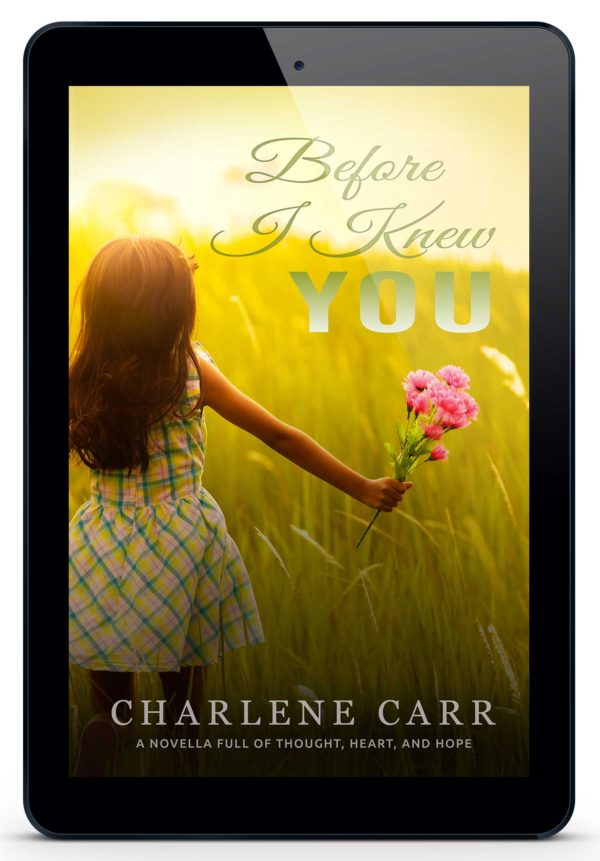I’ve often wondered why, in our society, controversial so often means ‘good’. You see it in visual art . . . now call me snobby, or call me uneducated, or call me whatever you want, but from my perspective a lot of modern art is ‘art’ because it has, in the minds of the viewers, pushed the boundaries, broken through established conventions, challenged people’s perceptions of what art is – it’s been controversial. And being ‘controversial’ seems to be all it needs to be to be deemed worthy.
Now don’t get me wrong, I’ve seen some ‘modern’ art that truly was all of these things and irrefutably (if anything can be irrefutable) art as well. It was skilled, it was intricate, it was creative in ways that are beyond the scope of the average person’s ability. I’ve also seen some of this art that in all honesty my nephew could have done when he was four . . . in fact, my nephew’s work was probably better and yet his paintings and constructions certainly aren’t selling for thousands, or millions.
This has been true of music, movies, and, in my area of expertise, books. I wonder if maybe the true test of whether a work is worthy of its notoriety is if when the subject matter ceases to be controversial the work is still gripping, engaging and without a doubt a true work of art. I think of The Heart of Darkness: at the time it was written the book was definitely pushing boundaries. Now it’s viewed as racist by many, at the time it was the opposite – it showed snippets of humanity in individuals the average Anglo-Saxon, and the author’s audience, saw as inhuman. That aspect of it is certainly no longer controversial but I’ve still read the work three times and been captivated for different reasons with each reading.
A Clockwork Orange is another book that certainly received much of its fame from its controversial subject matter. Although not quite as controversial as it once was, the content still is controversial but I feel even as the shock of its content becomes less shocking people will still continue to read and discuss that work 20 years from now. Now I didn’t really like the book that much myself but it was interesting. I believe the author has dismissed the book, largely because of the movie and the glorification that created of things he didn’t intend to glorify – but still it lasts. Which brings me to the motivation behind this post.
I bought the book Lolita in the spring. I ordered it largely because it was 17th on a top 250 books list. (I believe this was the Barnes&Noble list but I can’t seem to find it now.) I started the book with high expectations and have been consistently and increasingly disappointed. I began in May, it’s now the end of August and I’m barely 3/4s of the way through. I think I’ve read five or six other books since I started. I haven’t completely given up on it yet and that’s largely because I’m holding faith that there’s a reason for this book’s high ranking (besides it being ‘controversial’). I’ve looked on several other Top Book lists and it’s consistently pretty high up there, and often above the other two books I mentioned.
The fact is though (in my opinion at least) it’s boring. Now I wouldn’t generally just throw that word out there so easily but the author is long gone and really, that’s my big problem with it. It’s boring, and wordy, and self-important, and does little to engage. I find I can hardly get through 2-4 pages at a time without losing my interest. Much of the narrator’s reams of description frustrate me to the point of putting the book down, annoyed that he’s wasting my time like this. Now maybe the last 100 pages will drastically change my mind, I’ll see why this novel gets such high praise, and I’ll recant my words . . . well some of my words . . . no matter how good the end is it probably won’t negate the fact that the path there could have been more interesting and, quite frankly, written better.
Now some of you may really be thinking that I sound snobby and uneducated. Please show me the error of my ways! Show me what I’m missing here that would make this the worthy read I was hoping it would be! Because right now the only reason I can find for this book holding the position it does is that Nabokov wrote about a topic that made (and still makes) people uncomfortable.
Have you read Lolita – what are your thoughts? Am I missing something? What do you think of art and controversy – how often do you think having the latter creates the former in the eyes of ‘the masses’?













Join the conversation!